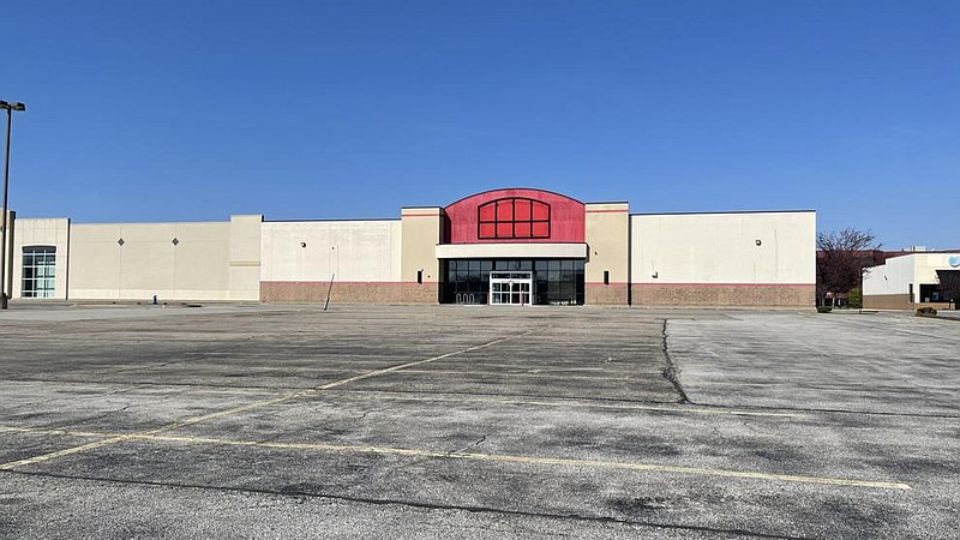In the future, some shopping malls in Pennsylvania may be transformed into mixed-use housing.
This week, the Pennsylvania House approved House Bill 1799. This bill aims to revitalize unused and closing malls by providing tax credits and abatements. It also plans to establish a Mixed-Use Redevelopment Advisory Committee. The main goal is to transform these malls into housing and other useful spaces.
The bill, proposed by Rep. Josh Siegel, a Democrat from Allentown, is aimed at making it simpler to construct housing that is greatly needed throughout the state. It could also help transform a disadvantage into an advantage.
- IRS Grants Extra Time for 2024 Taxes to Kentucky’s April Storm Survivors
- Fed’s June Meeting: Rate Cuts Not in the Cards: What’s Next?
- Deadline Alert: Michigan Schools Must Act Fast with Federal Stimulus Funds
- How to Access VA Dependent Education Benefits with a 100% Disability Rating
- Big News for SSDI: Social Security Might Add $600 to Payments
This ad unit is brand new and has not been configured yet for your publication. Contact [email protected] and we will help you set up the item. Shopping malls in many areas of the commonwealth have changed from popular retail destinations to unattractive buildings, with hopes for improvement turning into concerns about decay.
Democrats like Siegel support “gentle density” reforms to address a housing shortage that affects urban, suburban, and rural areas in Pennsylvania. Republicans have also expressed concerns about the negative impact of burdensome regulations on homebuilding, which contributes to a shortage of affordable housing.
Bipartisanship, however, was not strong: it only passed by a small margin of 106-95, with the support of a few Republicans. During previous discussions, people expressed concerns that the abatement was offering overly generous terms in certain situations.
Also Read: After Bail Settlement, Trump Lawyer Alina Habba Says civil Fraud Hearing ‘wasted time and money’
“I believe there is a high likelihood that they will pass it. The bill is focused on redeveloping and creating jobs,” Siegel said. “This bill supports growth, development, and business.” Siegel believes that the terms should be more generous to reduce the risk that developers face when taking on a difficult task.
“The ROI means that you will take this abandoned, run-down property and transform it into a center of economic success for your community,” he said.
If HB 1799 is approved by the Senate and signed by Gov. Josh Shapiro, local governments would have the ability to give developers 10-year tax exemptions for revitalizing empty malls for economic or mixed-use purposes.
“These items bring back memories and remind us of a time when things were better,” Siegel said. “This is a chance to encourage and attract a lot of private-sector investment to communities that haven’t received much investment in a long time.”
Developers can receive an extra exemption of two or five years if they meet certain requirements regarding affordable housing, energy efficiency, renewable energy installation, access to public transportation, green spaces, and other qualifications.
Municipalities have the ability to take back some of the taxes that were exempted if certain conditions are met. These conditions include serious violations of state law, code violations, permit denials due to neighborhood blight, or failure to meet state requirements by developers.
Properties that already receive tax breaks or state tax relief would not be eligible under the bill. Additionally, owners with unpaid taxes on other properties would also not qualify.
Whether or not to use the tax abatement is optional and depends on the local authorities. Siegel wanted the advisory committee to demonstrate to local leaders the significant impact and transformative potential of this legislation on their communities.
“It’s about bringing back hope and prosperity to communities that feel neglected and excluded,” he said. “Many parts of Pennsylvania have experienced population loss and decline. This has led to frustration and a feeling that some areas of the state are being neglected.” This is about ensuring that we can promote development from private companies, generate employment, build housing, and create opportunities in communities and municipalities that have been neglected.



Leave a Reply